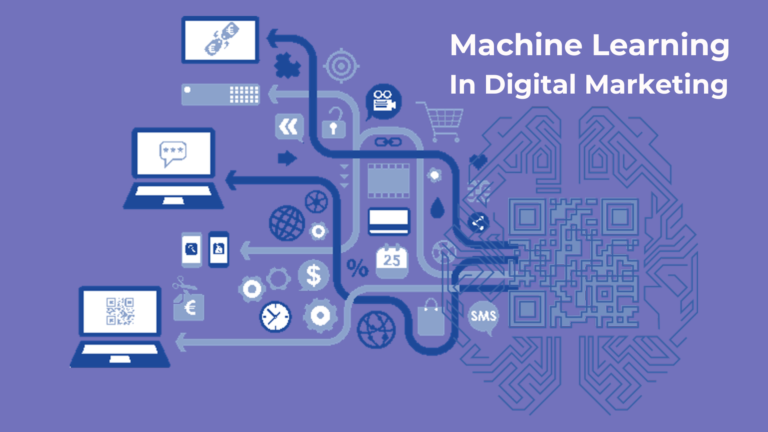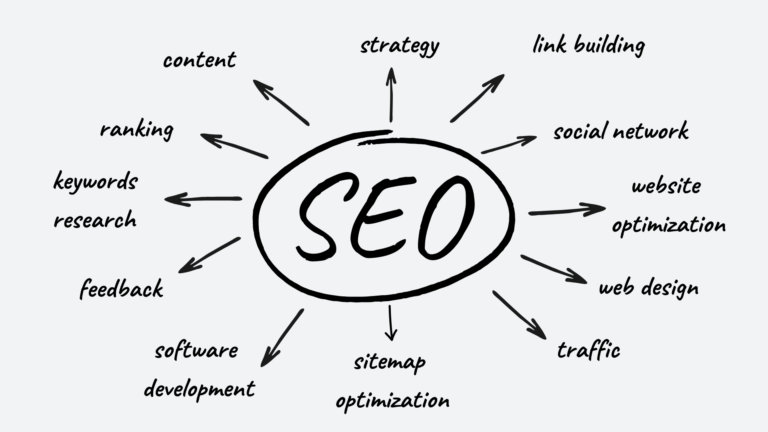Date of publication:
25 Apr. 24Ethics of Artificial Intelligence
As rapid progress is made in the field of artificial intelligence technologies, the global community is becoming aware of the full scale of challenges that these innovations bring.
Given their growing influence on practically all spheres of public life, it is extremely important to define the ethical principles for the creation and application of AI to ensure a sustainable and safe future.
Philosophical Questions of AI
The development of AI forces us to think about fundamental philosophical questions about the relationship between human and machine intelligence. The emergence of self-learning AI, potentially surpassing humans, requires a rethinking of traditional ideas about consciousness and ethics in relation to “intelligent machines”.
- Artificial intelligence and human consciousness. Some philosophers believe that over time, AI may surpass humans and become truly self-aware. This debate has deep ethical grounds. If AI becomes truly intelligent, we will need to revisit our ideas about the rights of such beings. But for now, most experts believe that current machine learning algorithms are far from human intelligence in depth and complexity.
- Preserving human dignity amidst rapid technological development. The rapid development of digital technologies and AI raises concerns that humans may lose control and dignity. Many fear that AI will deprive people of jobs, and companies will use personal data for selfish purposes. However, there is another path – the development of humanistic AI that serves for the benefit of humans. This approach is based on the principles of respect for the individual and privacy. This concept puts the human, not profit, at the forefront when creating new technologies.
Ethical Challenges of Artificial Intelligence
The greatest concern is caused by technologies for generating hyper-realistic media content, as well as the opacity of deep learning algorithms, which poses risks of abuse.
Modern Technologies and Their Ethical Risks: Deepfake and Other Threats
One example is deepfake videos – realistic AI-generated fake content that allows a person’s face to be replaced. Deepfake can be used for identity theft, blackmail, disinformation, and undermining trust in government institutions.
Another threat is the use of AI for automatic emotion recognition, which violates the right to privacy and can reinforce discrimination against vulnerable social groups.
The Importance of a Code of Ethics in Artificial Intelligence
To address the challenges related to AI ethics, it is extremely important to develop clear rules for technology developers. In recent years, professional associations of AI specialists have been actively working in this direction.
They are developing ethical codes that require AI developers to respect human rights, ensure transparency of algorithms, and prevent harm from unintended consequences of technology implementation. AI ethics codes will help develop common industry standards for responsible development.
Creating a Trusted Environment
The development of reliable and ethical AI technologies is only possible in an atmosphere of trust between society, business, and science.
Regulation of neural network usage. One of the key stages in creating a trusted environment for AI is establishing effective regulation of these technologies. The lack of understanding of how exactly machines make decisions when using AI breeds legitimate concerns about their reliability.
To solve this problem, experts propose introducing mandatory certification of critically important neural networks, similar to quality standards in other industries. Such measures will make AI technologies more ethical and safe.
Prospects for the Development of AI Ethics
Further development of AI will be coupled with solving new ethical problems. Increased public control over the riskiest technologies like autonomous weapons or superintelligent AI is expected. There is also likely to be a sharp tightening of industry regulation by states and international organizations.
- Potential risks and threats. As AI capabilities advance, experts predict the emergence of new threats. In particular, the improvement of content generation algorithms could lead to mass information attacks and undermine trust in online communications.
- Another danger is the emergence of autonomous weapons acting without human involvement, which could have catastrophic consequences in case of AI failures. It is already necessary to think about tools to minimize damage from such incidents in the future.
- Probable future scenarios. With a high degree of confidence, we can assume that in the next 10-20 years, the ethical aspects of AI will come to the forefront of public debates. International agreements limiting the use of the riskiest technologies are likely to be adopted.
Tighter control and mandatory certification for certain areas of AI are probable. Major IT companies and scientific institutions are likely to face demands to increase transparency in their AI developments.
Responsibility of Developers in Training AI
In conclusion, it is necessary to once again emphasize the enormous responsibility that rests on the shoulders of artificial intelligence technology developers before all of humanity. It largely depends on them which path the further development of AI will take – for the benefit of people or to their detriment.
For innovations in this field to become a blessing and not a curse, developers must form and strictly adhere to a system of responsible industry regulation based on the principles of humanism, transparency, harm prevention, and mandatory control over the consequences of implementing new technologies.



